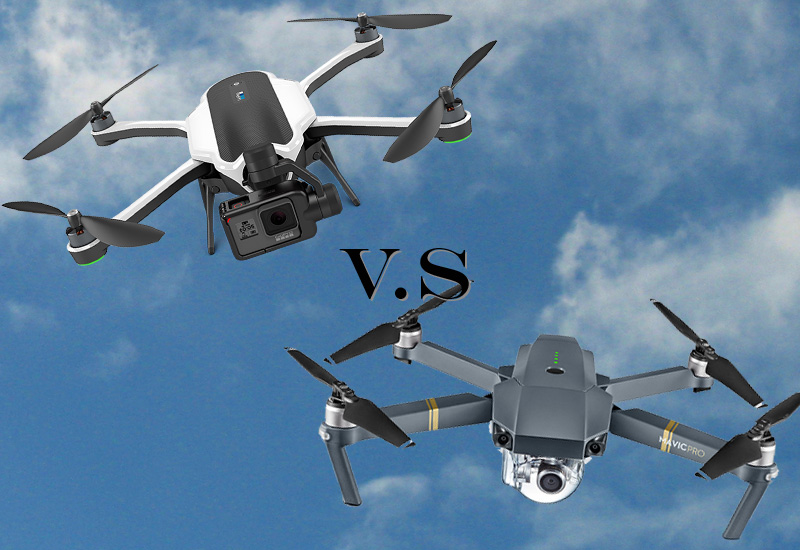What was once the stuff of science fiction, facial recognition technology is now rapidly becoming an increasingly apparent part of our everyday lives. The tech is being rolled out throughout multiple sectors already; think unlocking our smartphones, or speeding up airport security checks, and there’s no doubt it offers convenience, and, say many, enhanced security.
But as facial recognition expands into areas like retail, there are increasing concerns about privacy, ethics, and potential misuse on the rise, too.
What Exactly is Facial Recognition Technology?
At its core, facial recognition technology is a form of biometric identification that uses a person’s facial features to verify who they are. It works by checking for patterns in someone’s face.
For example, many biometrics work by analysing the distance between their eyes, the shape of their nose, or even the very contours of their cheekbones. This information is then converted into a mathematical representation, which can be compared against other facial images in a database.
There are several types of facial recognition algorithms. Some algorithms, for example, focus on identifying specific facial features, while others look at the overall facial structure. Some systems are designed for real-time identification; others are optimised for searching vast databases of images.
Facial Recognition in the Leisure and Entertainment Sectors
Facial recognition is fast infiltrating other areas of our lives, too, namely the sectors where we spend our money and have our downtime. Casinos have long been early adopters of tech advancement innovation, and facial recognition is no exception. It’s primarily used to identify known cheaters, but also as one of the ways of improving customer service.
For instance, facial recognition systems are routinely used to scan the faces of players as they come into a casino. Their image is compared against a database of known criminals or individuals who have been banned from the premises. It’s used as a force to keep customers coming, too. When a high roller or VIP is detected, the house can offer a more personalised service with extra perks to keep them happy.
However, using facial recognition in casinos also raises ethical questions. Some critics argue that it is an invasion of privacy for casinos to collect and store data on their patrons without their consent. Many modern gamblers are now turning towards UK online casinos where their privacy and online security are protected, according to casino expert, Jonathan Askew. Then there’s also the perks of higher bonuses, fast payments, and playing from the comfort of your own home which are also undoubtedly helping to drive online casino popularity.
Shopping retailers are using this technology to personalise the shopping experience, track customer behaviour, and prevent theft. For example, some stores are using facial recognition to identify loyal customers and offer them personalised discounts or recommendations.
Yet, concerns remain. Some argue that it is a blatant invasion of privacy for stores to track customers’ movements and collect data on their shopping habits without their explicit consent. There are also questions about the potential for this technology to be used to discriminate against certain groups of people.
Facial Recognition in Security
Police forces around the world are increasingly using facial recognition technology to track criminals and prevent crime. In airports across the globe, facial recognition is being used to streamline security checks at borders and verify passengers are precisely who they claim to be.
But, using facial recognition as a security mechanism also raises concerns about privacy. Critics of the technology, of which there are many, argue that the widespread deployment of this type of tech can (and is) lead to the rollout of surveillance states, where our every move is tracked and monitored.
Besides this alleged threat of a looming Orwellian society, there are worries surrounding the accuracy of facial recognition biometrics – particularly when it comes to identifying people of colour, where the error rate can be as high as 35%.
Facial Recognition in Healthcare
In diagnostics, facial recognition algorithms can work well in identifying rare genetic disorders by analysing subtle facial features. This can lead to earlier diagnosis and intervention, which improve patient outcomes. Additionally, the technology can assist in pain assessment by analysing facial expressions, offering a non-verbal method to gauge patients’ discomfort.
Patient identification and verification are streamlined through facial recognition, reducing administrative burdens and minimising errors. This enhances security and ensures accurate record-keeping, contributing to overall patient safety.
And yet, privacy concerns arise from the collection and storage of sensitive facial data. Robust security measures must be in place to prevent unauthorised access and potential misuse of this information.
Transparency and informed consent are also crucial.
The Future of Facial Recognition Technology
Where facial recognition technology will take us in the future is uncertain, but one thing is clear: it is here to stay, and its applications will only expand. We can definitely expect to see it branching out to be used in more industries and sectors in the years to come.
But as it becomes more and more prevalent, it’s vital to continually consider its ethical and moral implications. The ability to identify and track individuals without their explicit consent raises significant intrusion concerns. This capability – inherent in facial recognition technology – makes many people uneasy. Additionally, the vast amount of personal data collected by this technology, like anything else, is vulnerable to breaches and poses risks to individuals’ privacy and security.
We also need to remember that facial recognition systems are not infallible. Factors like poor lighting or low image quality can hinder accurate identification. Camera angles or obstructions can also distort facial features, making it difficult to match faceprints to database records.
It’s vital to strike a balance between the benefits of this technology and the need to protect privacy and civil liberties. It is also essential that we ensure that facial recognition algorithms are fair and unbiased and that they are not used to discriminate. What a complex predicament.





